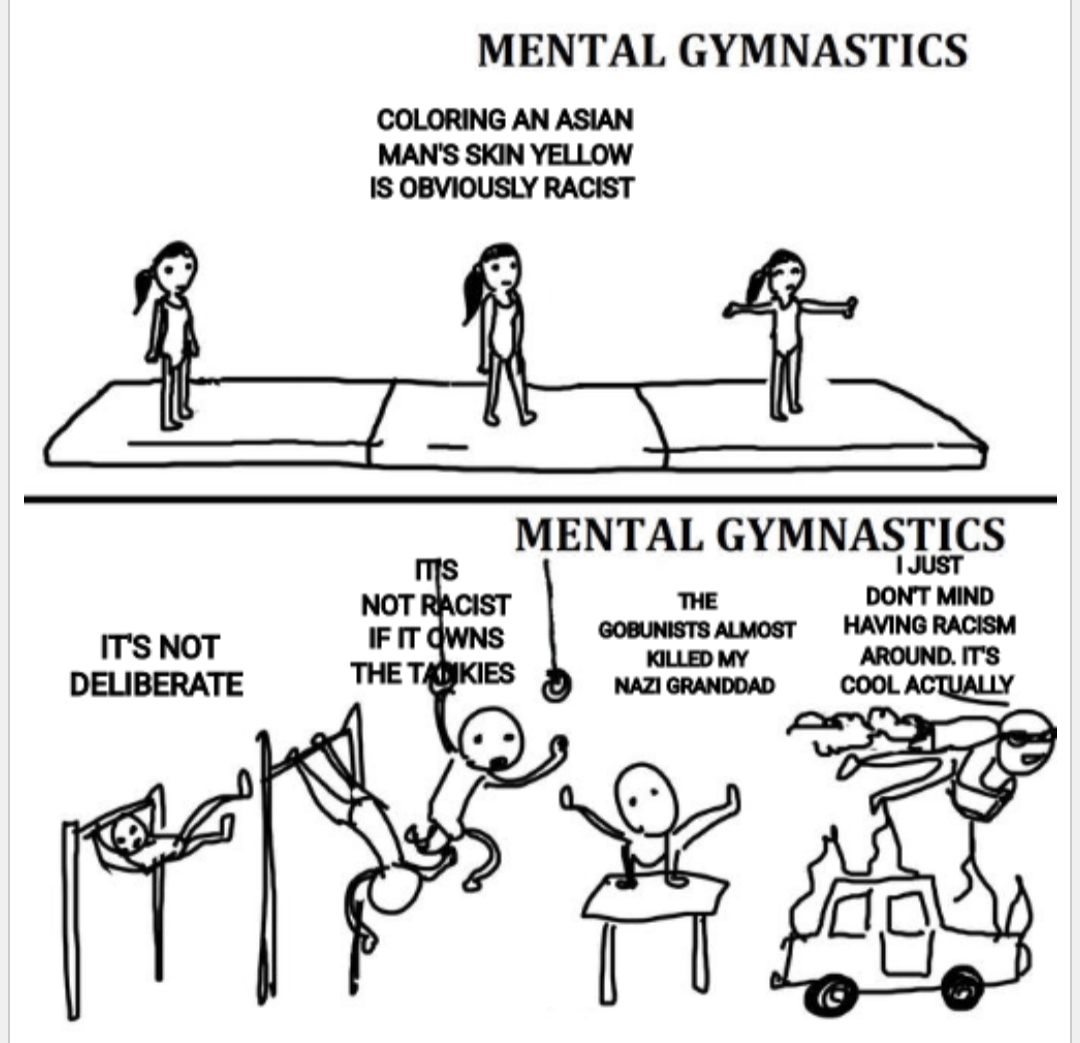this post was submitted on 04 Sep 2023
191 points (73.3% liked)
Memes
4628 readers
123 users here now
Good memes, bad memes, unite towards a united front.
founded 6 years ago
MODERATORS
you are viewing a single comment's thread
view the rest of the comments
view the rest of the comments

Nah, they basically split there highest democratic chamber into two, with one half being elected and the other half appointed unelected people to represent UK buisness interests, they have a majority over the elected half.
Also to clarify the small minority of the other half have more voting power than all of the other elected members, to effectively give them a majority.
HK has essentially been a autocratic imprealist state serving the bougie of HK and UK interests since it changed hands to the UK.
https://en.wikipedia.org/wiki/Democratic_development_in_Hong_Kong#Under_British_rule
https://en.wikipedia.org/wiki/Executive_Council_of_Hong_Kong
As you can see here, they 'permitted' HK residents to elect half of the people in the chamber, with them (the UK) retaining control of the other half (while still retaining the deciding vote) and that China actually offers them full democracy, unconditionally.
The founding members of what is reffered too in HK as 'ExCo' (with the other chamber usually its 'LegCo')